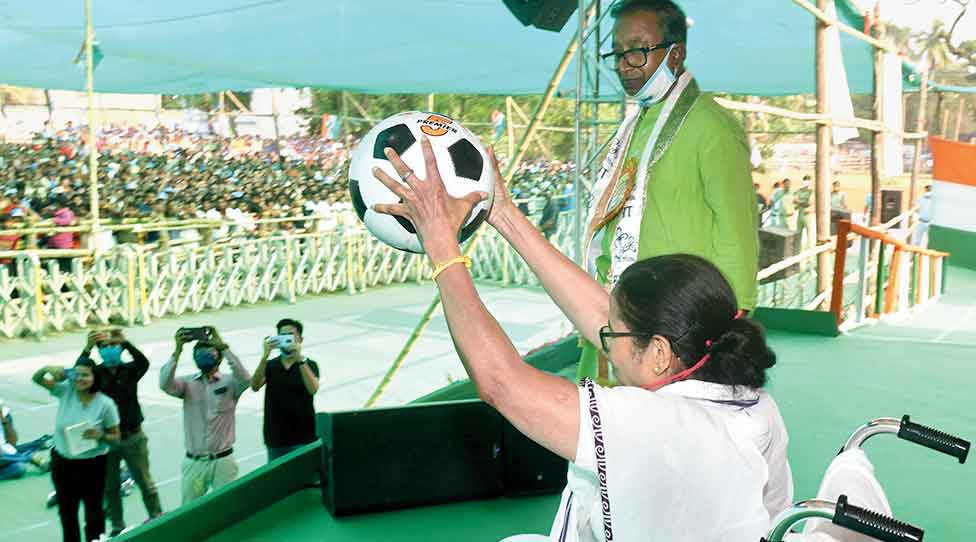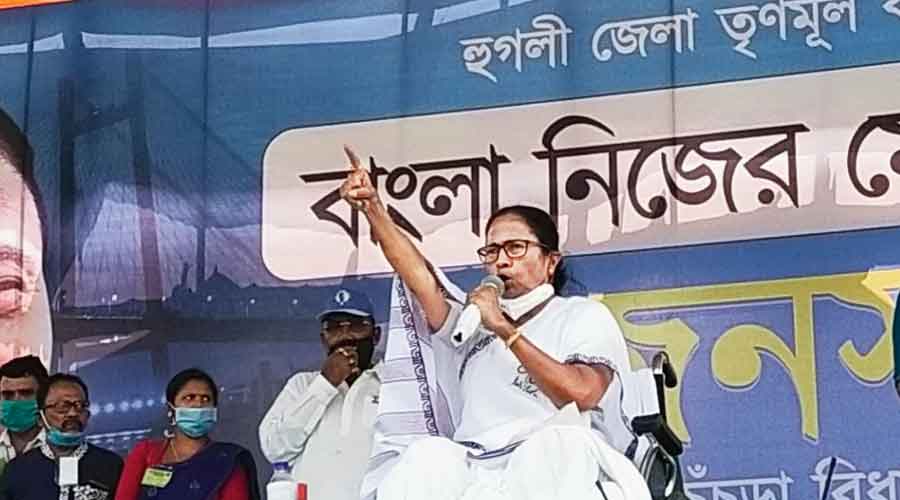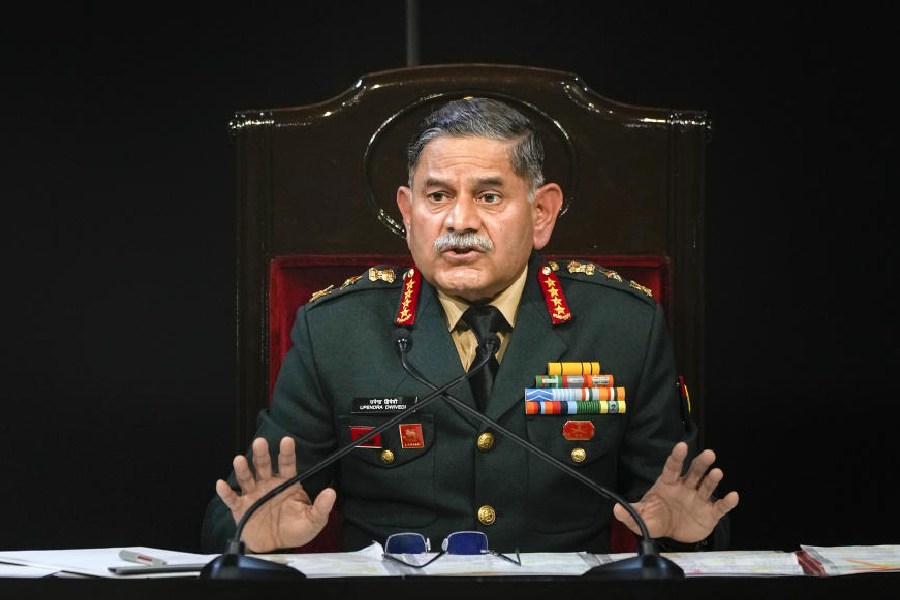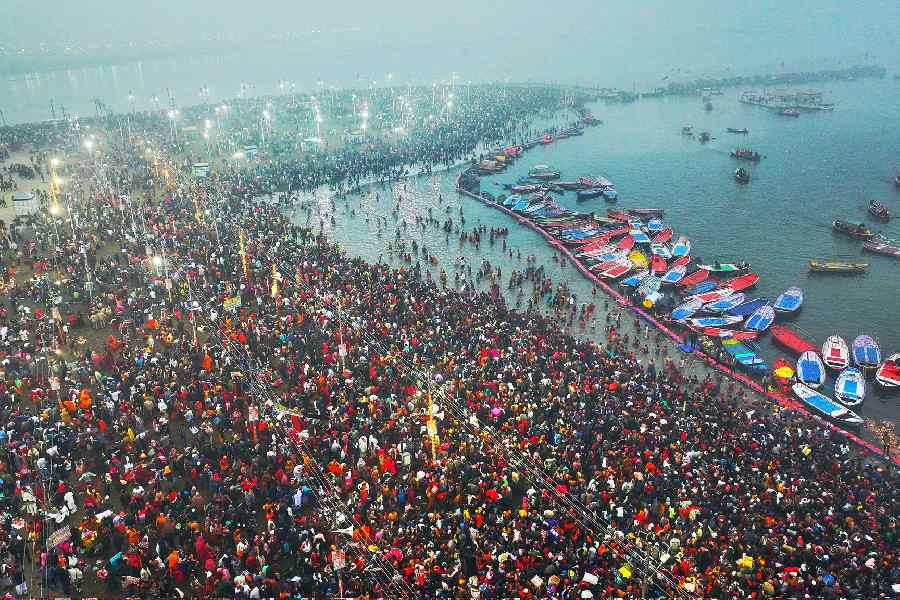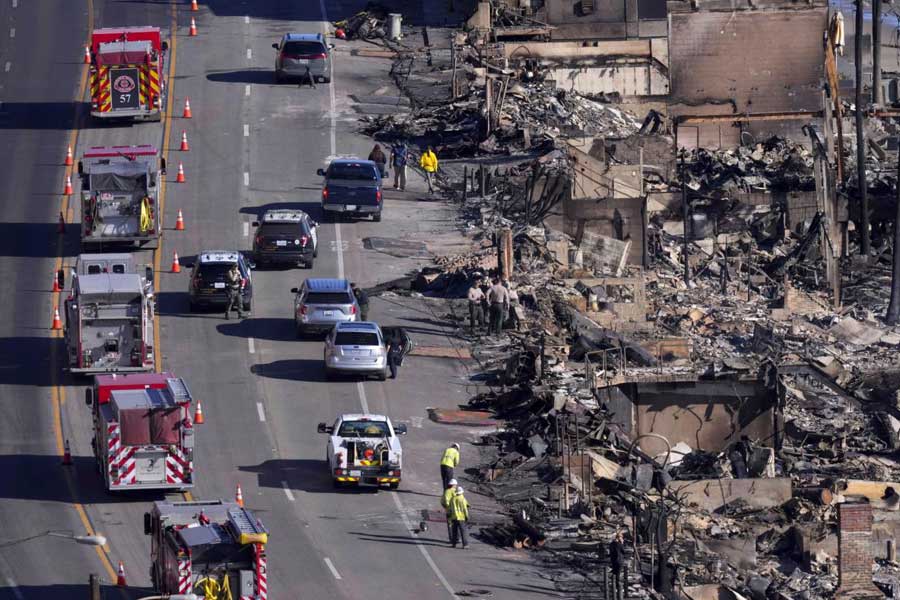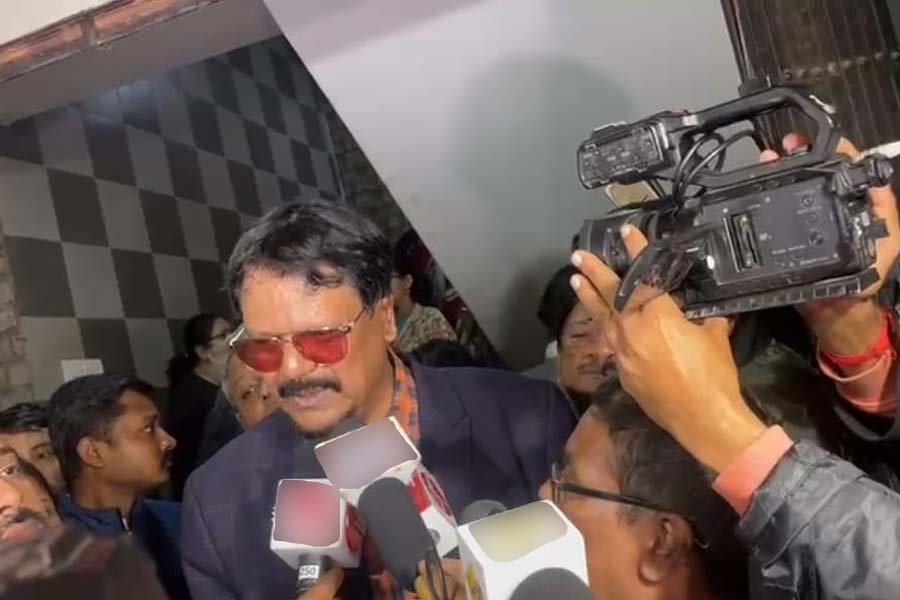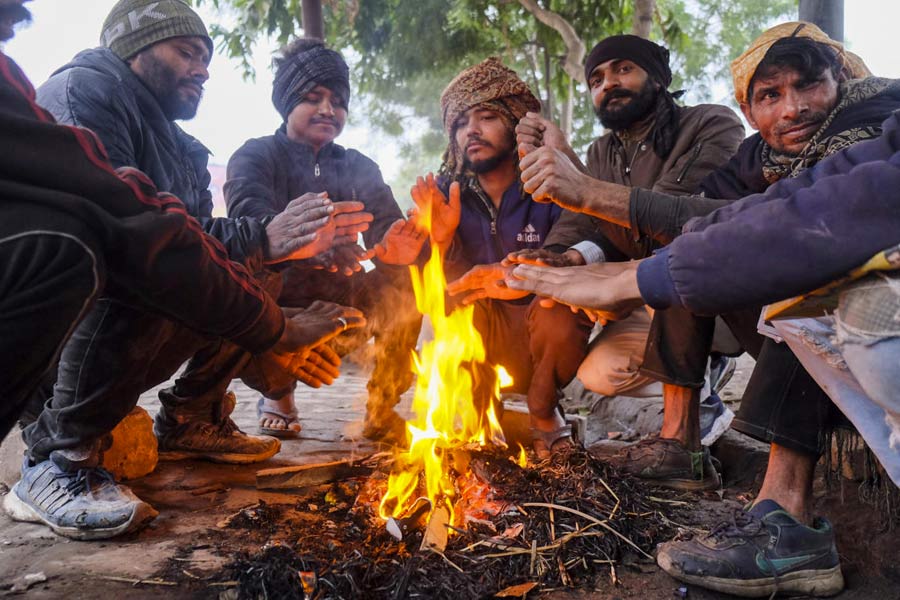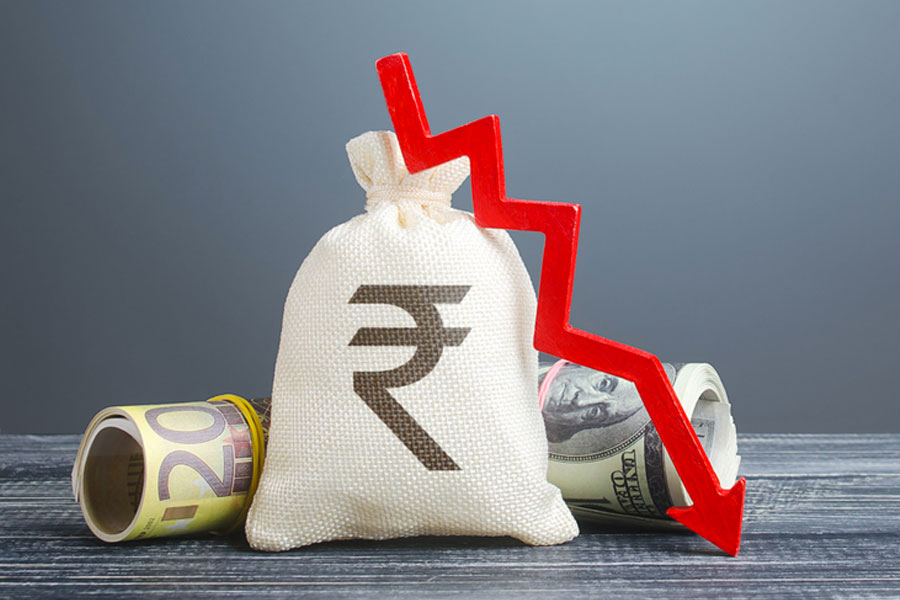The eight-phase battle for Bengal will enter its most interesting arenas in the southern districts on Tuesday, when 78 lakh voters decide the fate of 31 Assembly seats in the third phase of the election.
“For us, the real battle begins tomorrow (Tuesday) as the contest comes to our known strongholds,” a Trinamul insider said a day before seven seats in Howrah, eight in Hooghly and 16 in South 24-Parganas go to the polls.
Unlike previous Bengal elections, the voting trend in the first two phases — involving 60 constituencies in the western districts — has remained somewhat hazy against the backdrop of unprecedented polarisation and high-decibel BJP claims of a virtual sweep.
With the BJP narrative featuring claims by Prime Minister Narendra Modi that Mamata Banerjee has lost in Nandigram, a Trinamul source said, the remaining phases will be a “test of nerves” for the party managers.
“But we are ready and the morale of the supporters is very high. Our ground-level management tomorrow will prove that the BJP’s claims have done little to dampen our spirit,” a source said.
Having ruled the state for a decade, Trinamul may be expected to boast a well-oiled poll machinery — a crucial asset in Bengal elections — as the Left did in its heyday.
The key question is, however, whether organisational strength is enough to prevent the apparent saffron surge in these areas.
A common characteristic in these predominantly rural seats, where livelihood depends on agriculture and fishing, is anti-incumbency against Trinamul against a backdrop of corruption charges against the party's ground-level leaders.
Besides, with the minority population varying between 10 per cent and 40 per cent in these 31 seats, the electorate has been subjected to a barrage of identity politics propaganda.
Trinamul had mopped up 29 of these 31 seats in 2016, with the Left and the Congress sharing the remaining two. Even amid the BJP's stellar show in the 2019 Lok Sabha polls, Trinamul had secured leads from 29 of these constituencies while the BJP led from 2 Hooghly seats.
However, these seat numbers may not be the yardstick to gauge the possible intensity of Tuesday's contest, and one may need to look at the vote shares.
While Trinamul's vote share in these constituencies rose by a little less than 1 per cent between 2016 and 2019 to reach 51 per cent, the BJP's skyrocketed by more than 30 per cent to end up above 37 per cent.
"There's a surge in our favour and our vote share will increase even further. We'll surprise Trinamul in this phase," said BJP Lok Sabha member Locket Chatterjee, who is believed to have been instrumental in expanding her party's base in Hooghly.
Of the three districts that vote on Tuesday, Hooghly is expected to produce the stiffest contest between the BJP and Trinamul as the district has a sizeable saffron presence.
Injecting an intriguing element into Tuesday's battle will be the fledgling Indian Secular Front, part of the Left-Congress alliance, which is in the fray in seats like Jangipara, Khanakul and Haripal in Hooghly, Canning East and Kulpi in South 24-Parganas, and Uluberia East in Howrah.
"The average minority vote in the seats that go to the polls on Tuesday is about 20 per cent, going up to 40 per cent in some constituencies," political scientist Biswanath Chakraborty said. "There is little doubt therefore that identity politics will have an impact."
Chakraborty said that Abbas Siddiqui, the man behind the ISF, had been drawing huge crowds. "If he can nibble a part of the Muslim vote, it will hurt Trinamul," he said.
That Siddiqui has become a thorn in some Trinamul strongholds was clear from Mamata's campaigns in Hooghly, Howrah and South 24-Parganas, where she urged the voters not to split the anti-BJP vote. Siddiqui's party has sizeable bases in these districts.
Sources in the BJP said their party was banking heavily on the ISF to divide the Muslim vote. "In a polarised environment, such a split will surely help us," Chatterjee said.
Trinamul poll strategists are, however, not overly concerned about the prospective split in the minority vote, primarily for two reasons.
One, support for Mamata among the Muslims is so overwhelming that the ISF is unlikely to secure a share of the minority vote significant enough to hurt Trinamul, they reckon.
Second, they believe that Bengal's Muslims are tactical voters and would not make the mistake of backing anyone other than Mamata in such a do-or-die battle.
A consolidated Muslim vote bank, however, is not the only asset the Trinamul brains trust is counting on.
"Bengal's women are with Didi; that's our biggest strength. Besides, initiatives like the Duare Sarkar have helped us deal with anti-incumbency," a Trinamul leader said.

